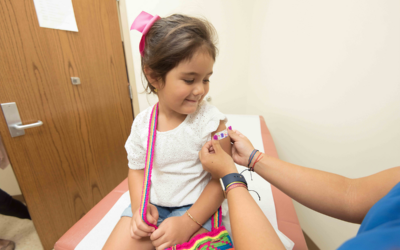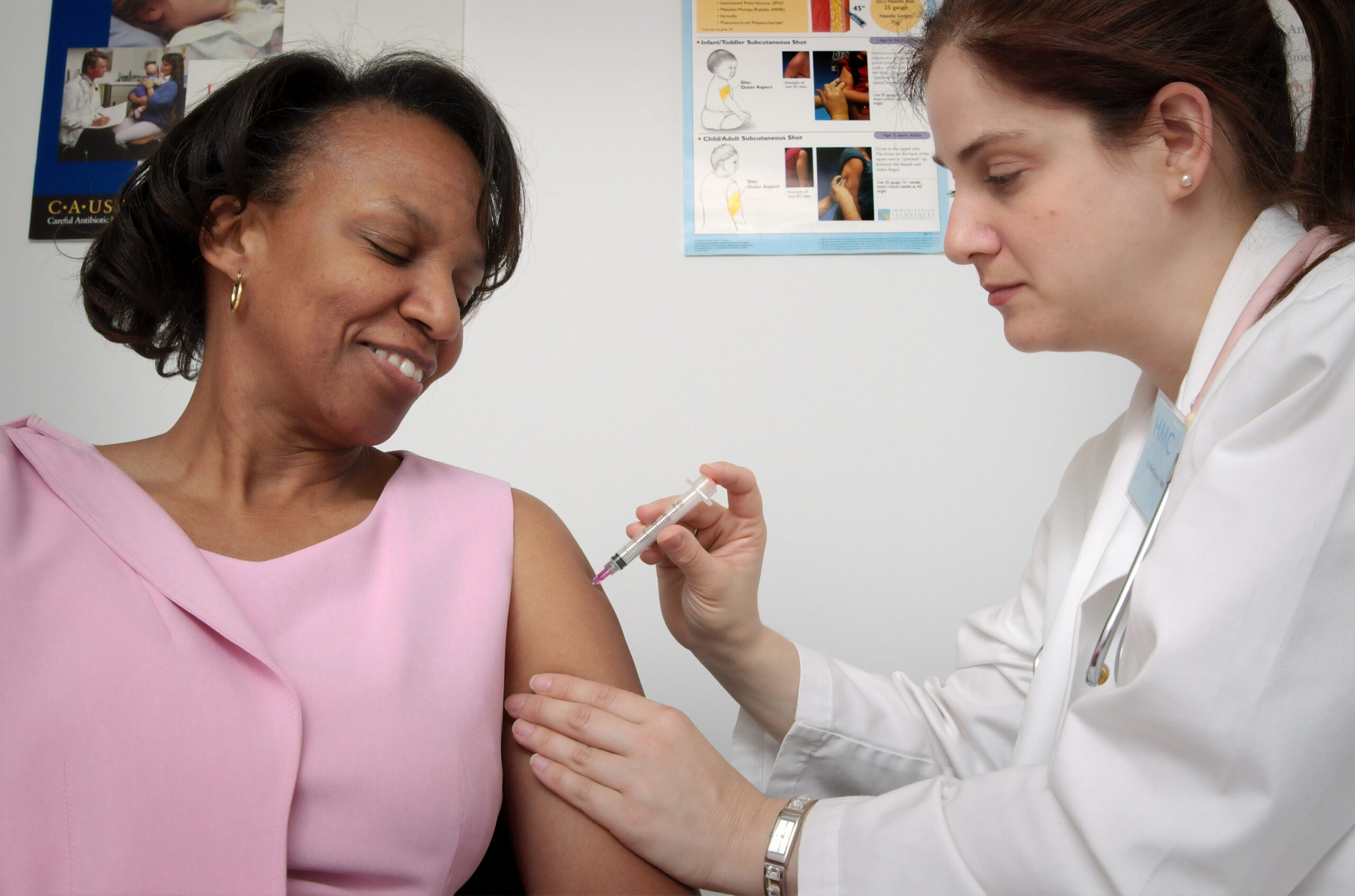Measles is a serious illness that spreads easily — especially among kids and people who aren’t vaccinated. The best way to protect yourself and your family is by getting the MMR vaccine.
🛡️ What Is the MMR Vaccine?
The MMR vaccine protects against measles, mumps, and rubella. These are three diseases that can make people very sick. Some children may also get the MMRV vaccine, which includes chickenpox protection, too. Most people who get the MMR vaccine are protected for life!
👶 When Should Kids Get the MMR Vaccine?
Children need two doses of the MMR vaccine:
- 1st dose: When your child is 12 to 15 months old
- 2nd dose: Between 4 and 6 years old
If your child hasn’t had both doses, it’s not too late — they can still catch up!
👨👩👧 What About Teens and Adults?
Older kids, teens, and adults also need the MMR vaccine if they didn’t get it as children or don’t have proof they are immune.
Most people will need one or two doses, given at least 28 days apart. If you’re not sure if you had the vaccine, your doctor can help.
✈️ Traveling Soon?
Going outside the U.S.? Measles is more common in some countries.
- Babies 6–11 months old should get 1 early dose before traveling
- They’ll still need 2 more doses after they turn 1
- Older kids and adults should make sure they’re fully vaccinated before they travel
💙 PHC Makes It Easy to Stay Protected
At Primary Health Care (PHC), we provide vaccines for kids and adults. Our friendly team can check your records and help you get up to date.
✅ We accept Medicaid, Medicare, and all insurance plans
✅ No insurance? No problem — we offer a sliding fee scale based on your income
✅ No one is turned away, no matter what
Find a PHC clinic near you at phciowa.org/location or call us to make an appointment.
👩⚕️ Questions?
If you’re unsure whether you or your child needs the MMR vaccine, talk to your PHC provider. We’re here to help keep your family safe and healthy.
🧠 Sources:
- CDC – MMR Vaccine Information
- CDC – Travelers’ Health: Measles
Related Posts
Summer Fun with the 5210 Challenge
🌞 Summer Fun with the 5210 Challenge!As summer break begins, make the most of the free time with your family by taking part in the 5210 Challenge - Summer Edition! 🎉What is 5210Consume 5 or more servings of fruits or vegetables each day Incorporate a variety of...
Men’s Health: Top 7 Regular Check-Ups You Shouldn’t Ignore
As men, it's essential to prioritize our health and well-being. Regular check-ups are not just for when we're feeling unwell but are crucial for preventive care and early detection of potential health issues. By staying proactive and getting routine screenings, we can...
Better Health Through Better Understanding
April is National Minority Health Month, a time to highlight the importance of improving the health of racial and ethnic minorities and American Indian/Alaska Native (AI/AN) communities. Shedding light on these communities’ gaps, needs, and the systemic barriers they...
Blood Pressure in Diabetes
Maintaining a healthy blood pressure is important for everyone, but it’s especially important for people with diabetes. Learn how to keep your blood pressure and blood sugar under control.
Why get the Flu shot? And answers to other common questions about the flu vaccine
Answers to common flu vaccine questions from pediatric care physician and medical director, Dr. Jason Kessler.
Vaccines: Not Just for Kids
It’s just as important for adults and seniors to get regular vaccines. Beyond annual flu shots, getting shingles, pneumonia and other vaccines is important.



